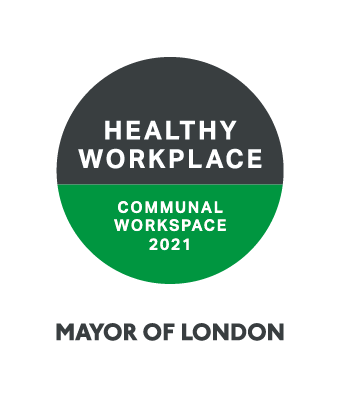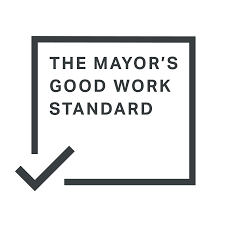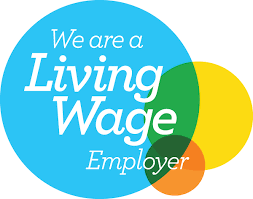The balancing act
We spend a lot of time at work. Labour statistics show that 75.5% of adults are in employment and are spending, on average, a third of their waking hours in the workplace. That is a long time. From an employee perspective it therefore makes logical sense for the environments in which we work to be enjoyable, safe and engaged in the promotion of wellbeing but what about the employers themselves? Is looking after the health of employees actually worth it? Spoiler alert, the answer is YES.
Employee illness cost the UK economy an estimated £81.3 billion last year and according to the Office of National Statistics, 131 million days were lost to sickness absence. The age at which we stop working continues to rise, so really the long-term health and wellbeing of the workforce needs to be addressed by employers from a sustainability point of view.
You might think that prioritising time at work spending an extra hour or two on finishing that all-important presentation or scheduling another meeting will be of the most benefit. But, taking time out and focusing on something entirely different during the working day can be equally if not more rewarding both to individuals and businesses.
Regular aerobic exercise has been shown to boost the size of the hippocampus, the part of the brain involved in verbal memory, learning and emotions coupled with the sweet release of endorphins and the production of serotonin boosting concentration and motivation. Perhaps that email you can’t figure out how to write will be formed while out on a walk, or you’ll come up with a solution to a problem whilst in downward dog (although it is perfectly acceptable to not think about anything work-related too). It’s not always easy to unleash ourselves from our desks when deadlines loom and to be honest, for some people, the idea of wriggling into a pair of running shorts in front of those we work with is not always the most appealing. But if employers at the top start fostering an environment that actively encourages employees to take time out, embrace the lycra and prioritise their mental and physical health, everyone stands to be a winner.
Employers that invest in wellbeing enjoy a direct correlation between happy and healthy employees and levels of productivity. Hopefully managers and employers want to have a healthy and happy workforce, not just because it means they will benefit economically but because they are interested in employee wellbeing.
That’s not to say that your workplace needs to be your favourite place to be; at the end of the day work is still work. Who doesn’t look forward to a well-earned holiday and kicking back at home in a space where work doesn’t encroach. Getting an optimal work-life balance remains fundamental.
Earlier this year, Resident organisations at House of Sport enjoyed a whole week of wellness promoting activities including doggy de-stress, run club and mental health story sharing with Jessica from RunTalkRun. With workshops addressing nutrition delivered by MyTimeActive as well as a focus on intellectual wellbeing interspersed with socialising and fun, all aspects of health were delved into.








